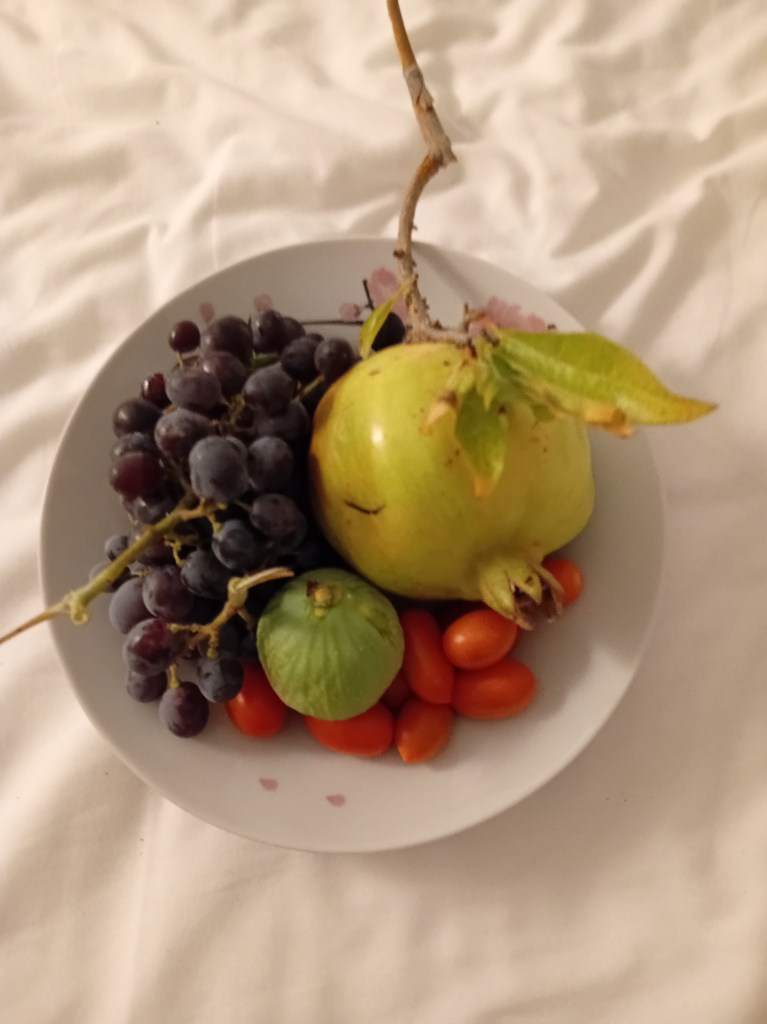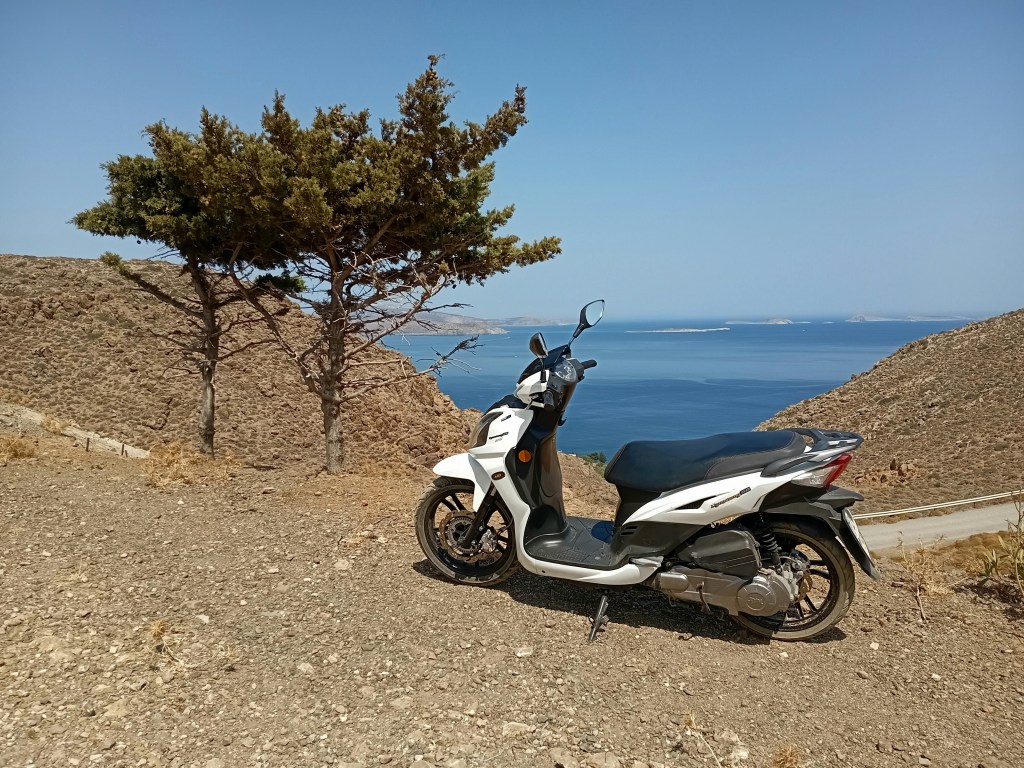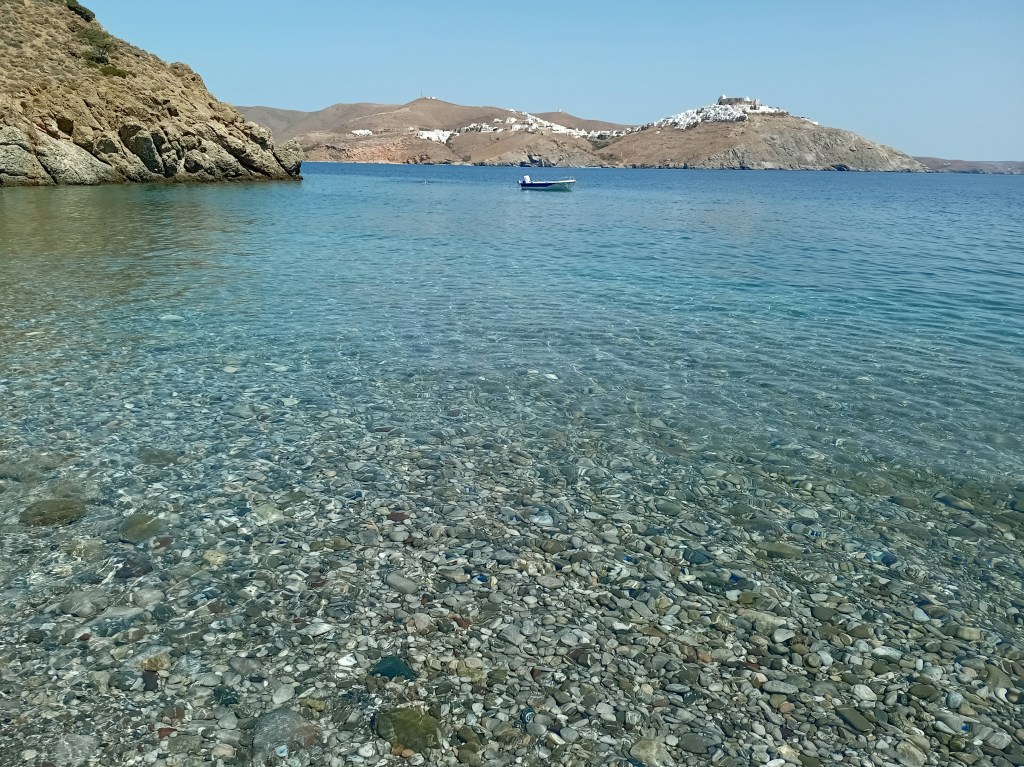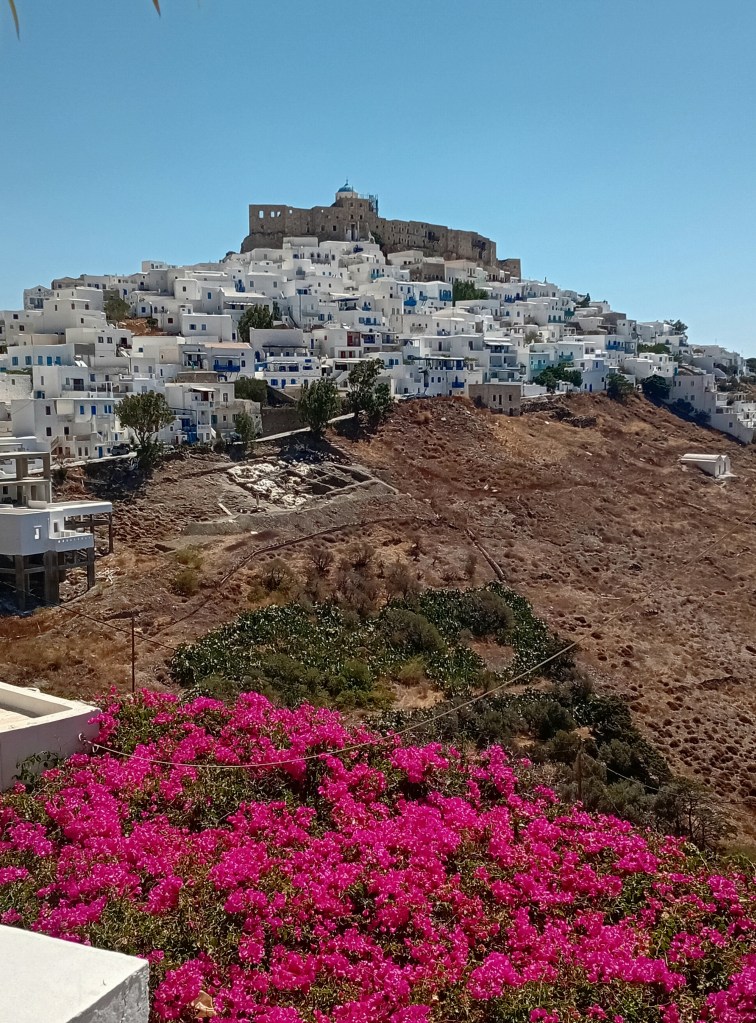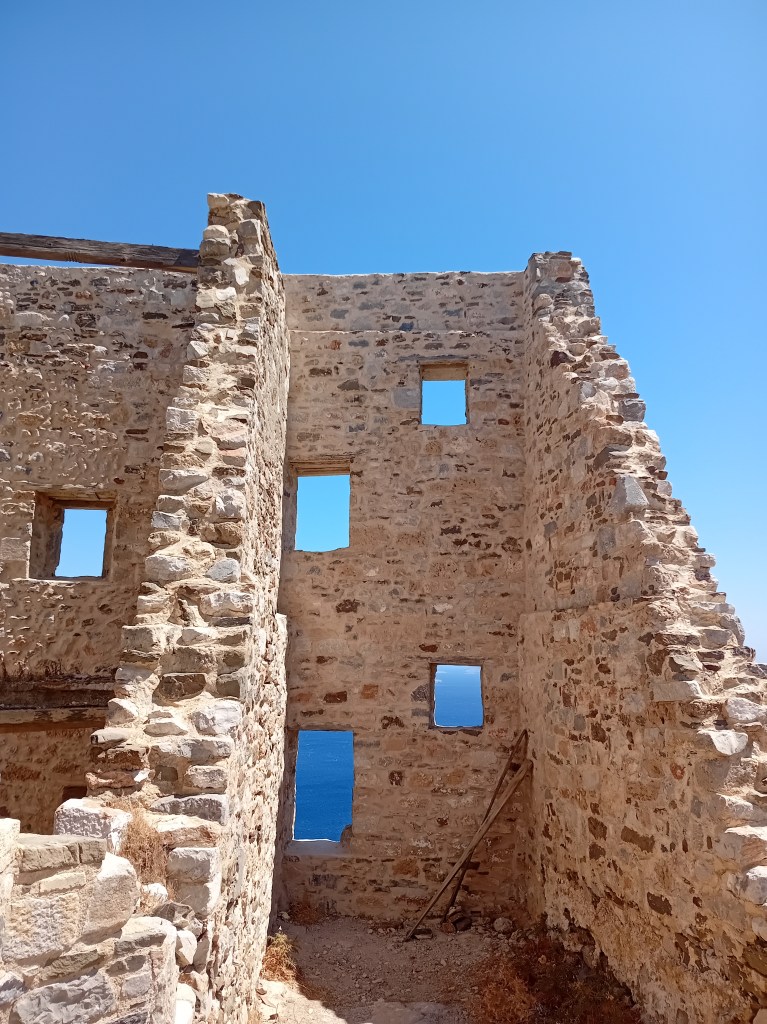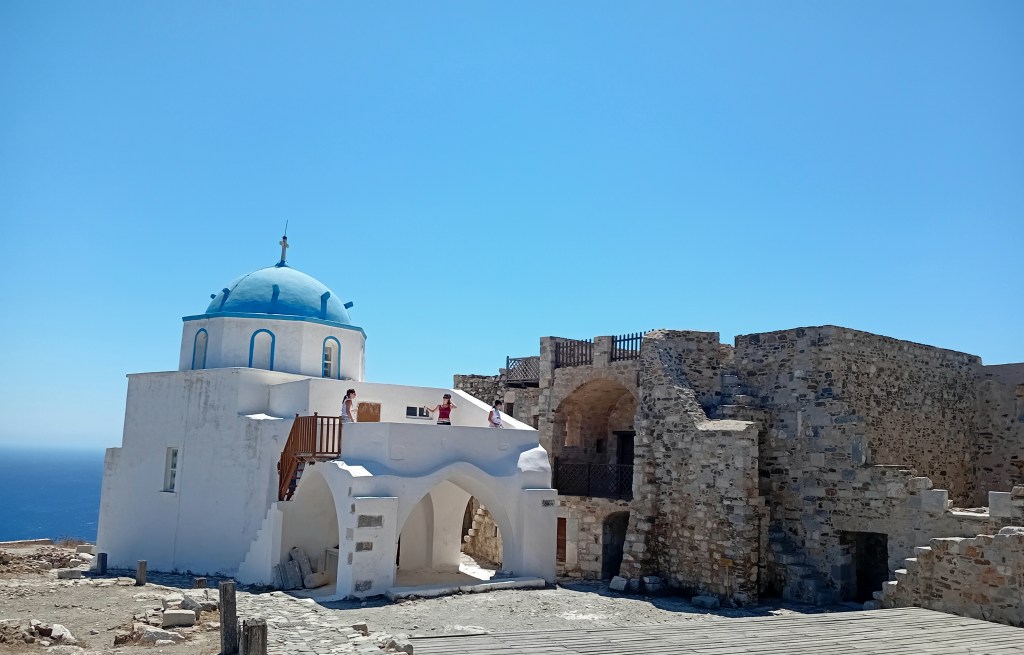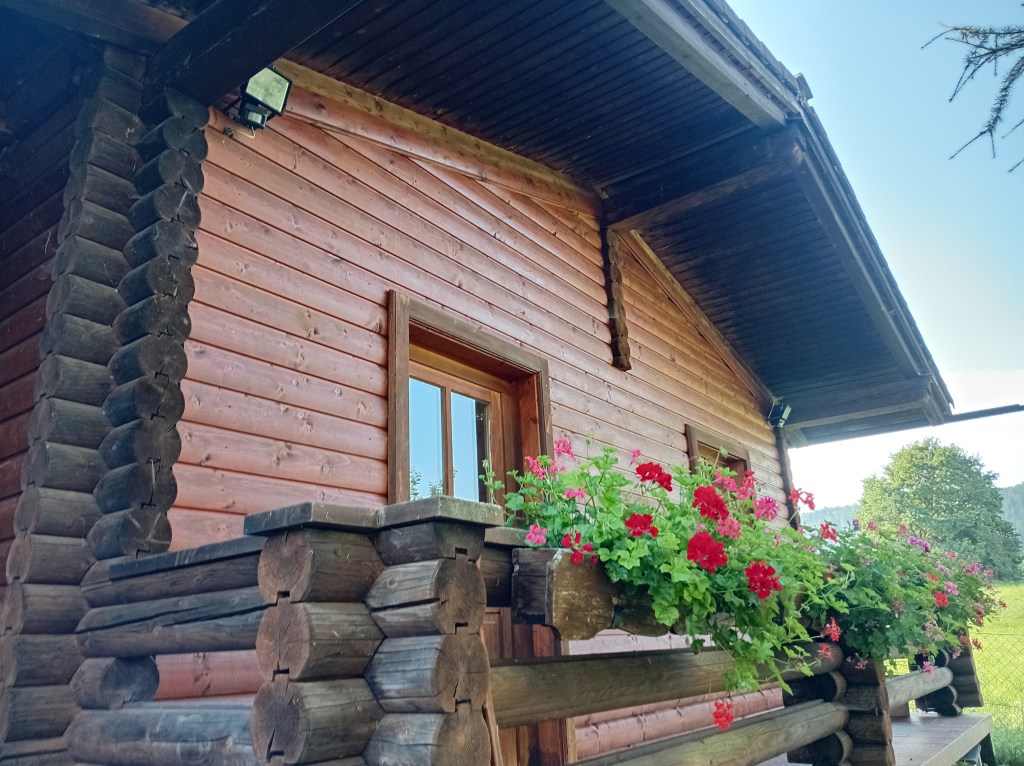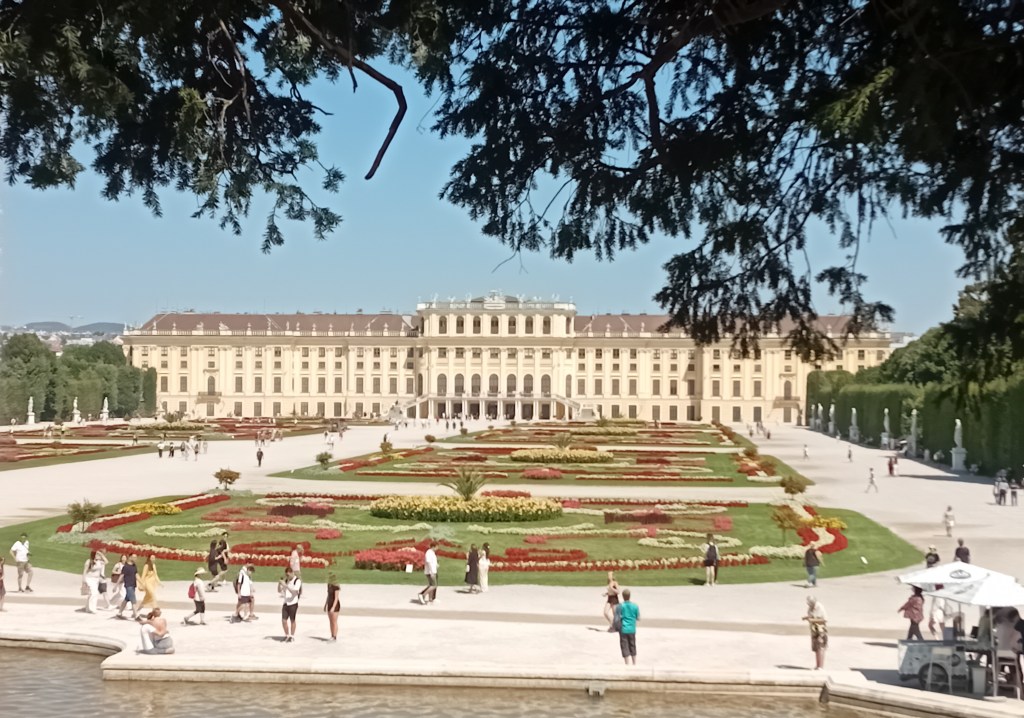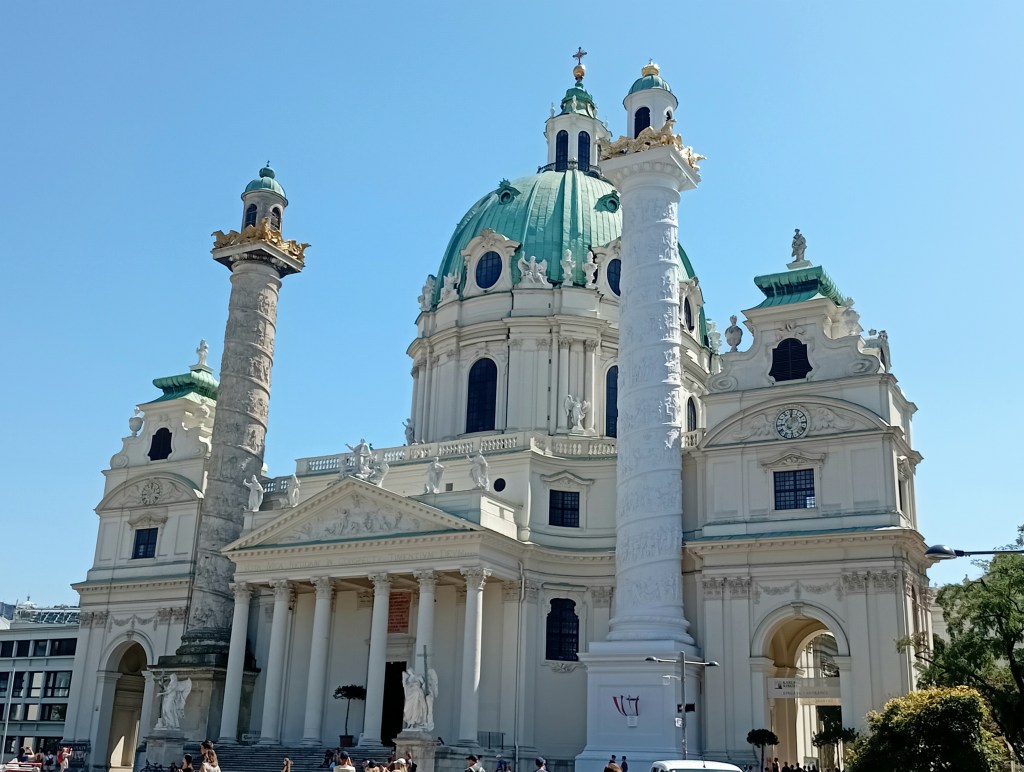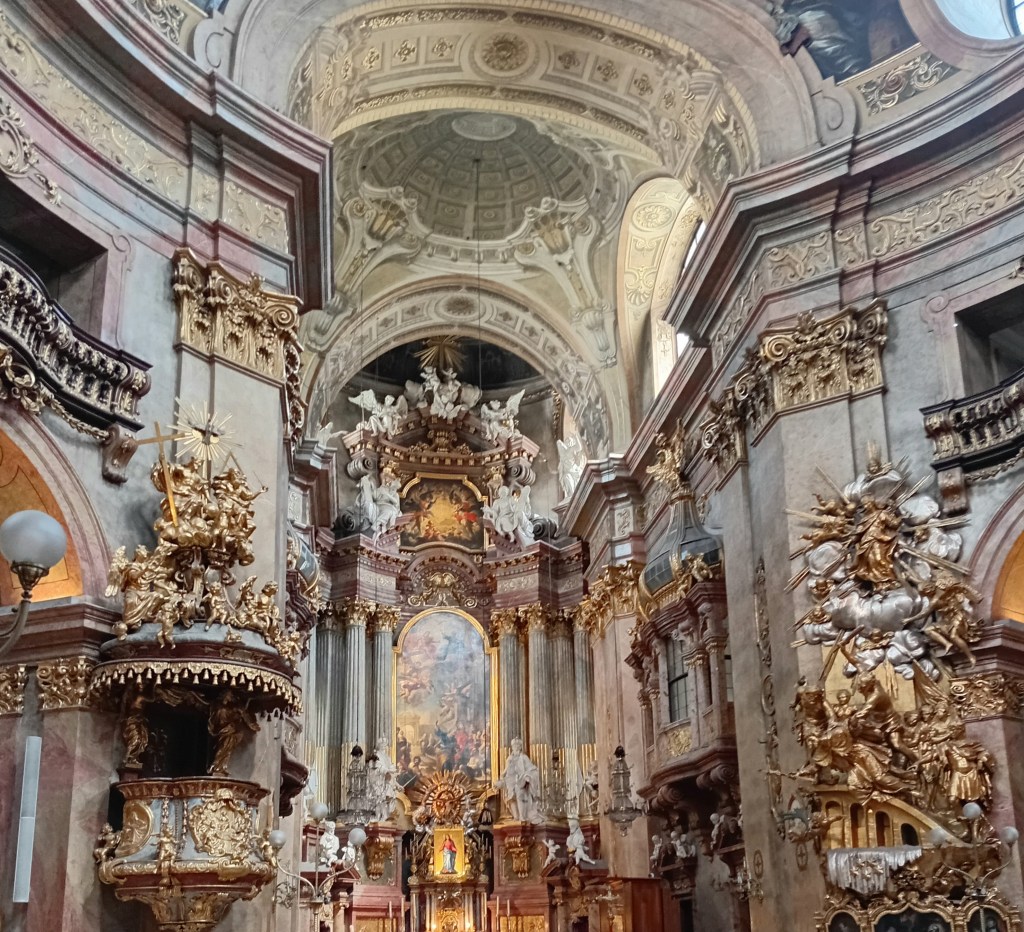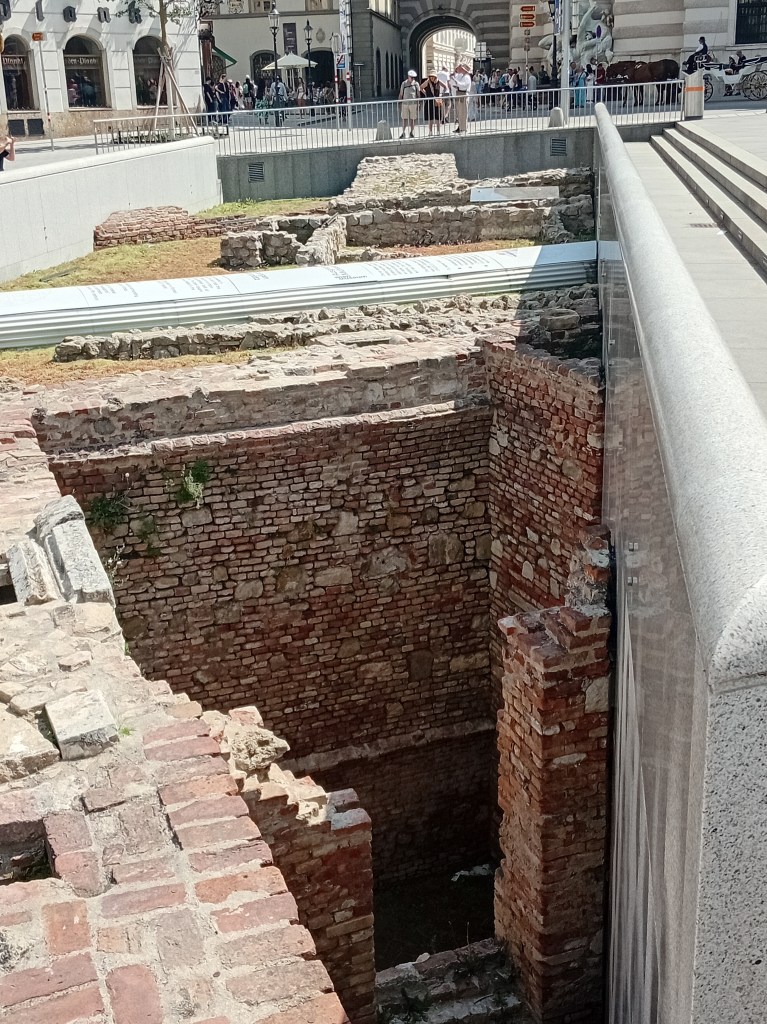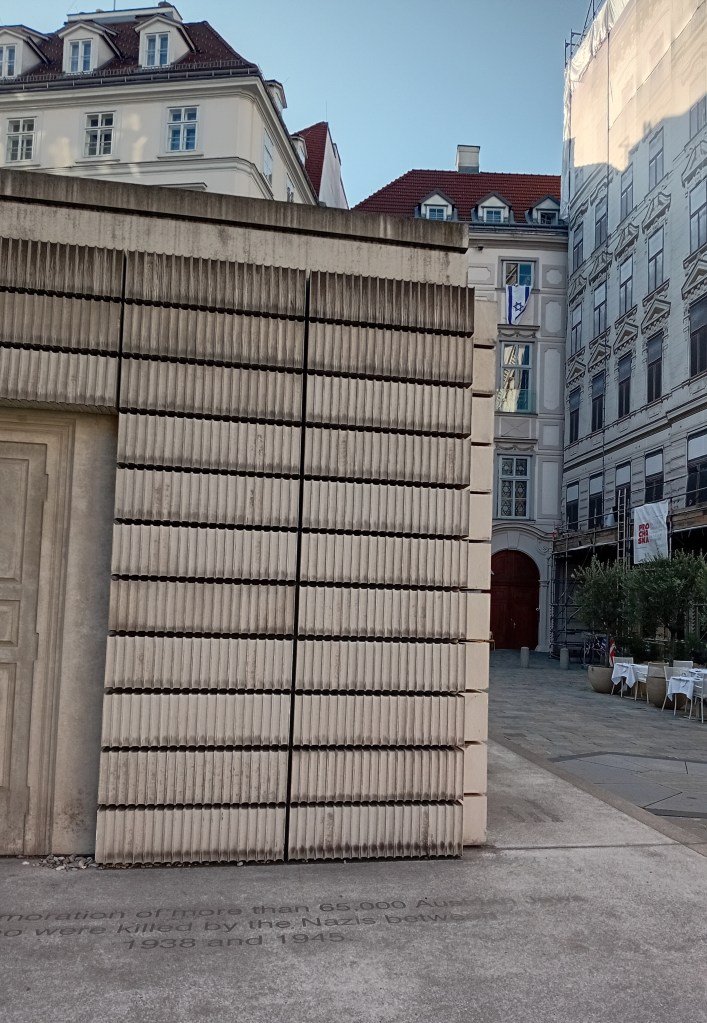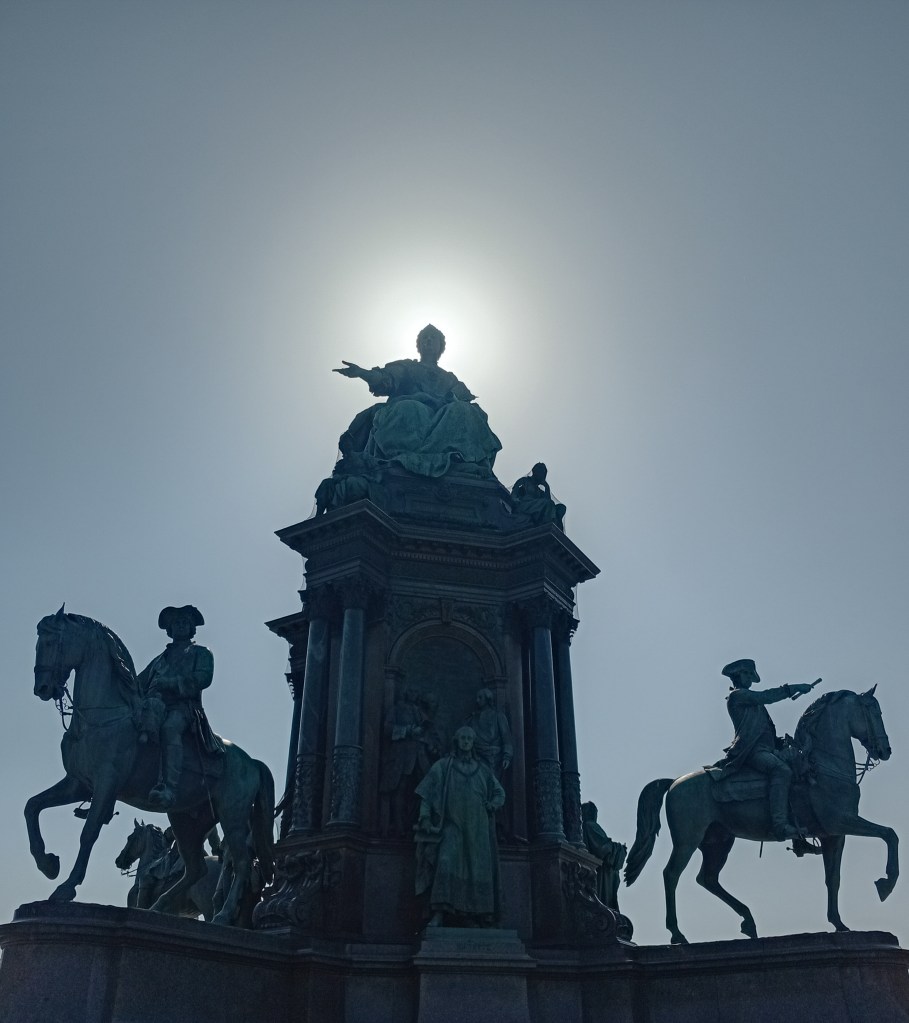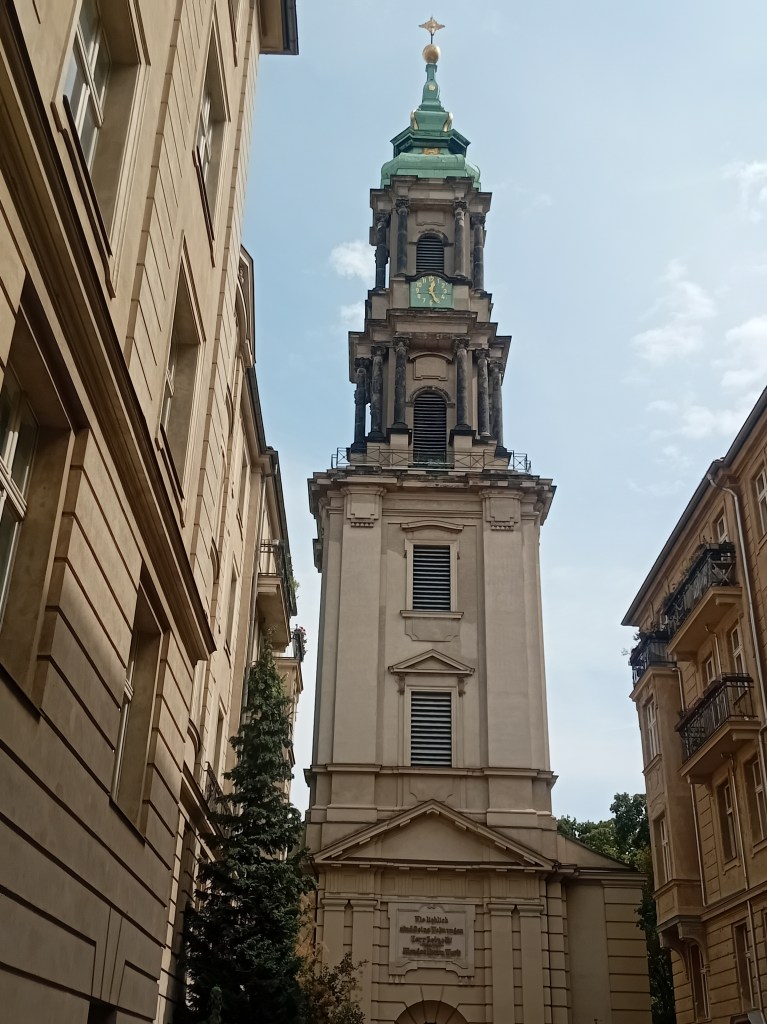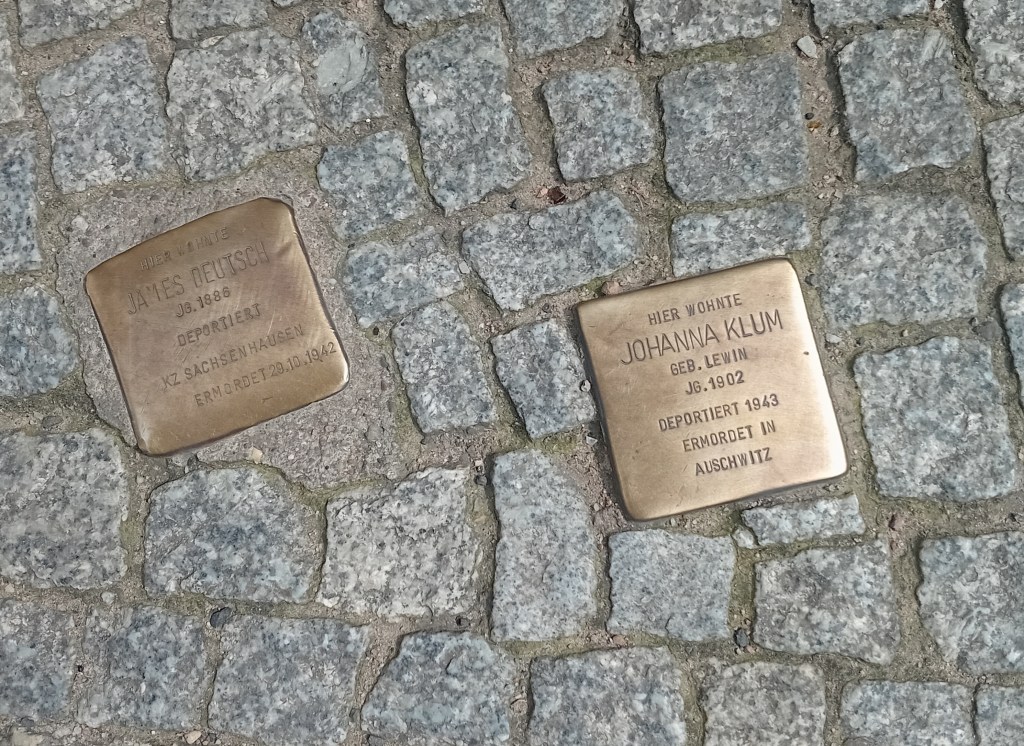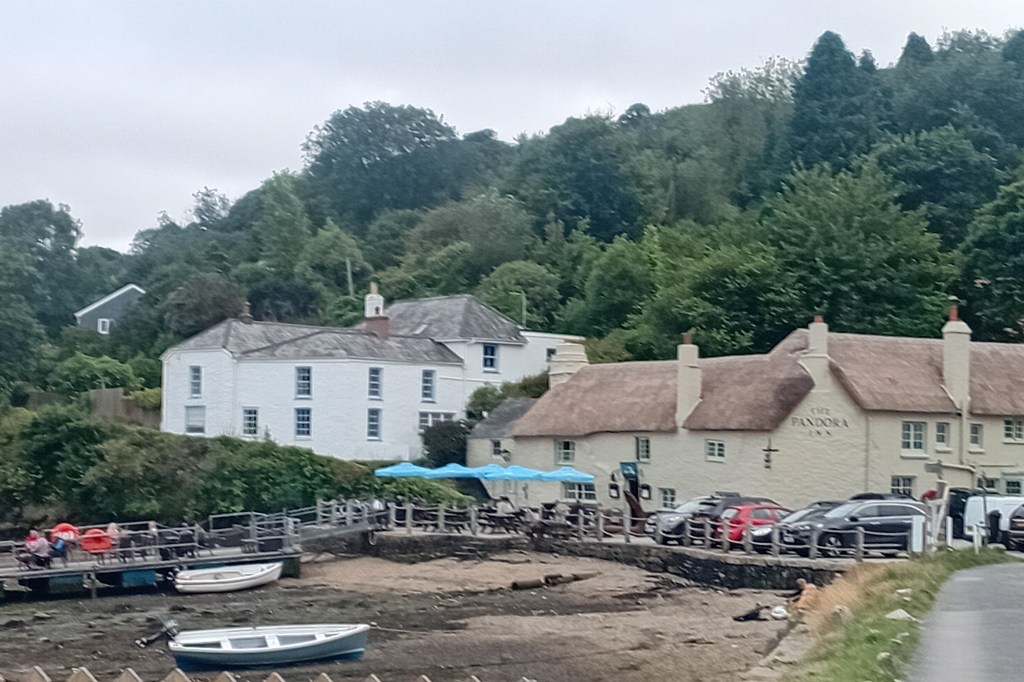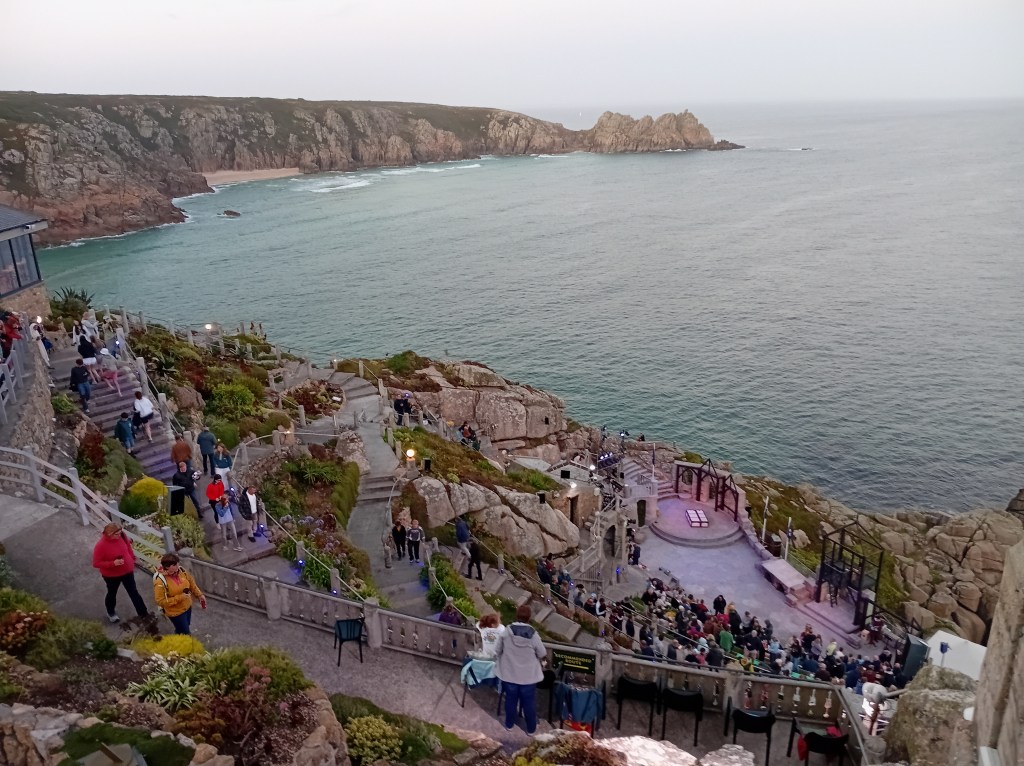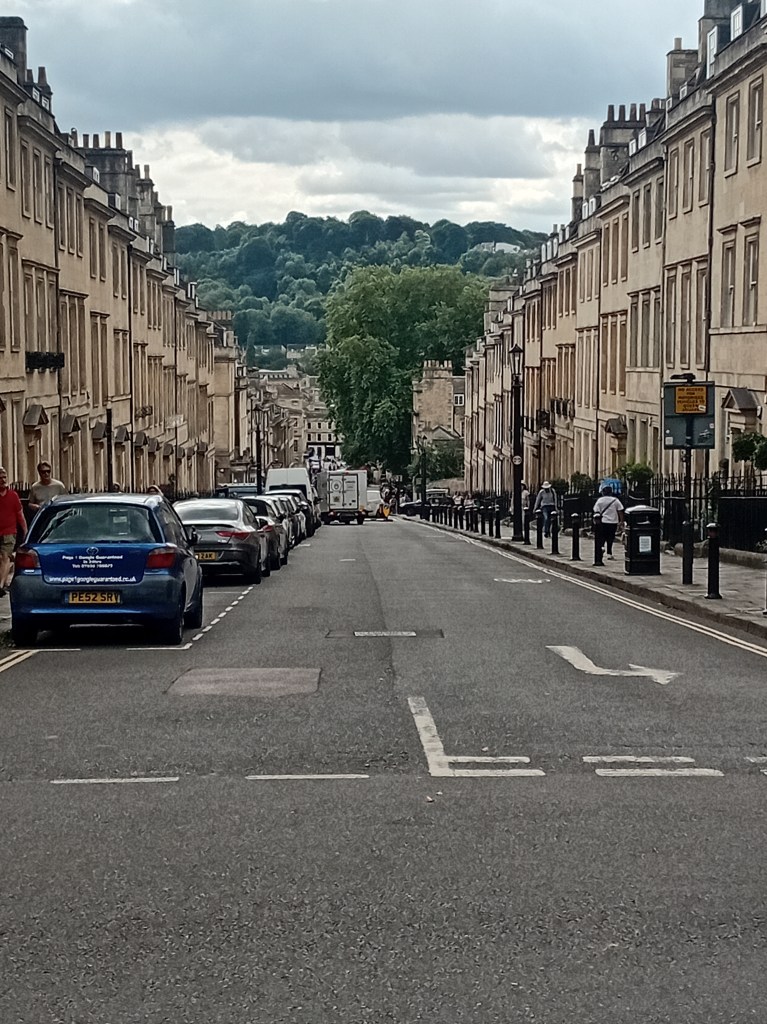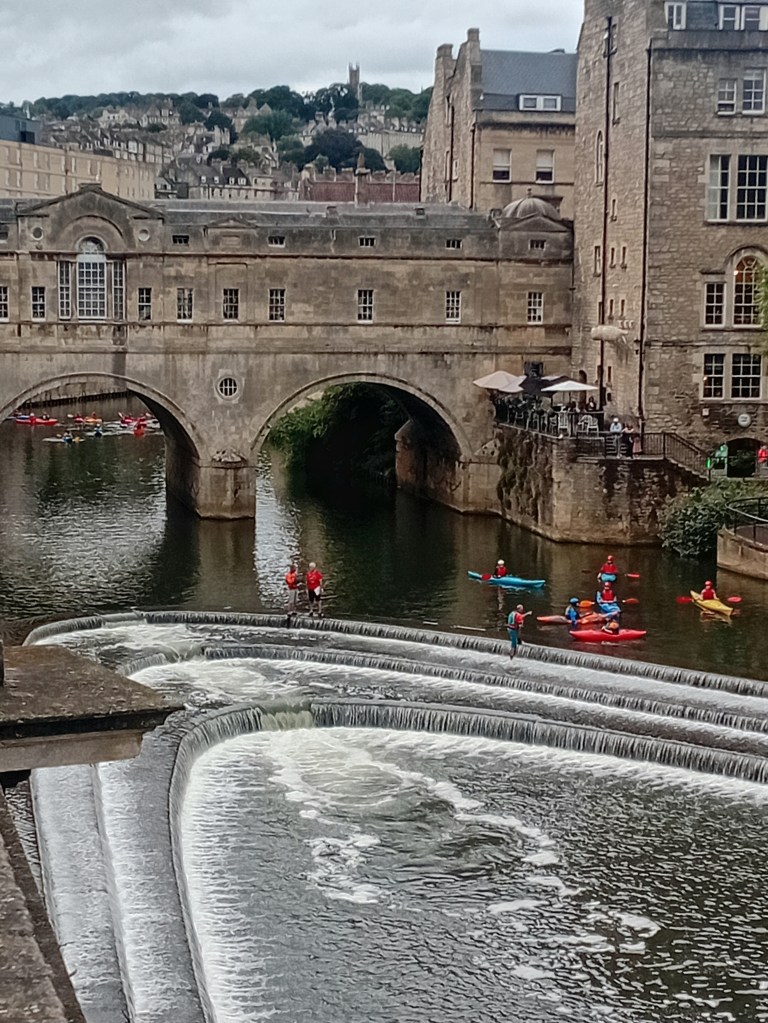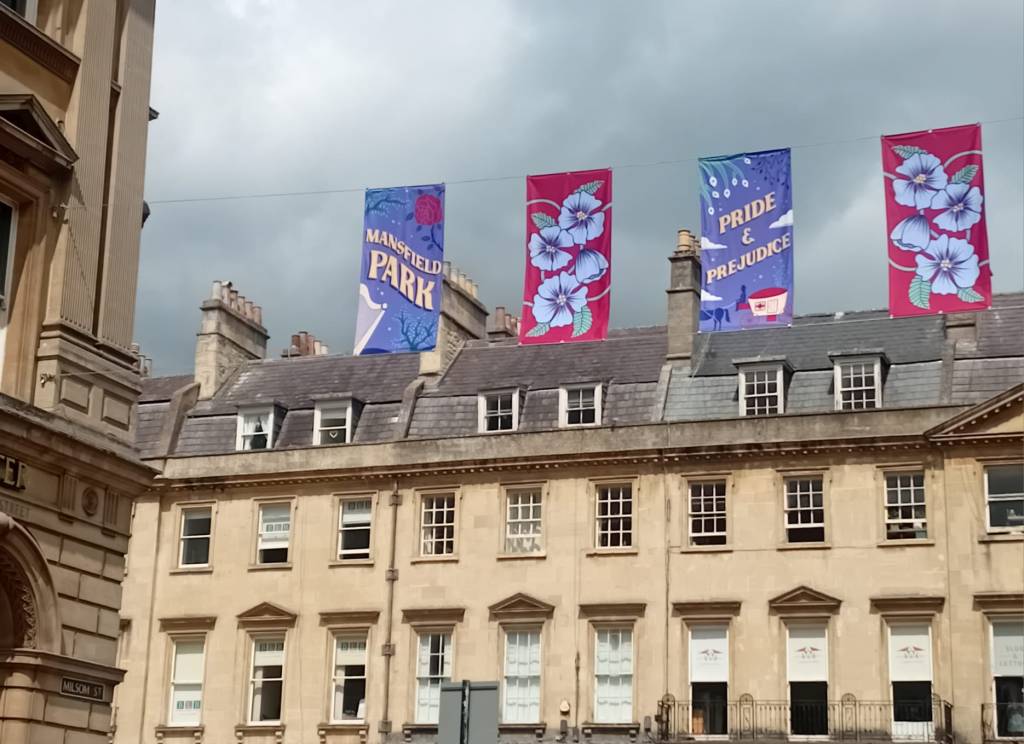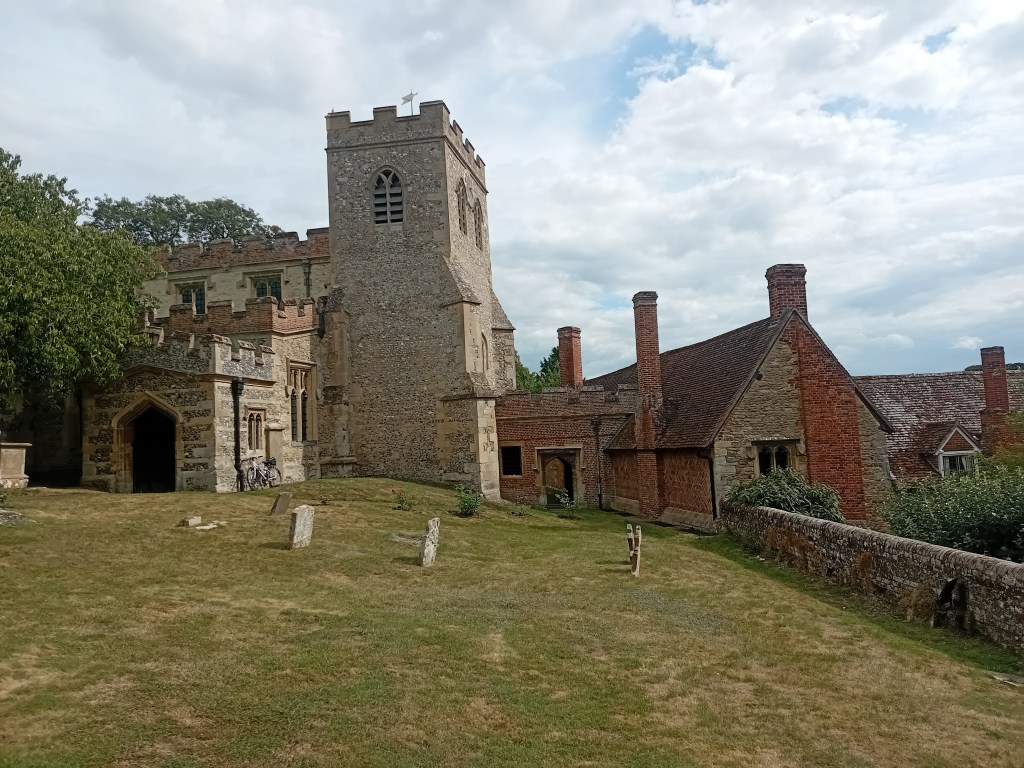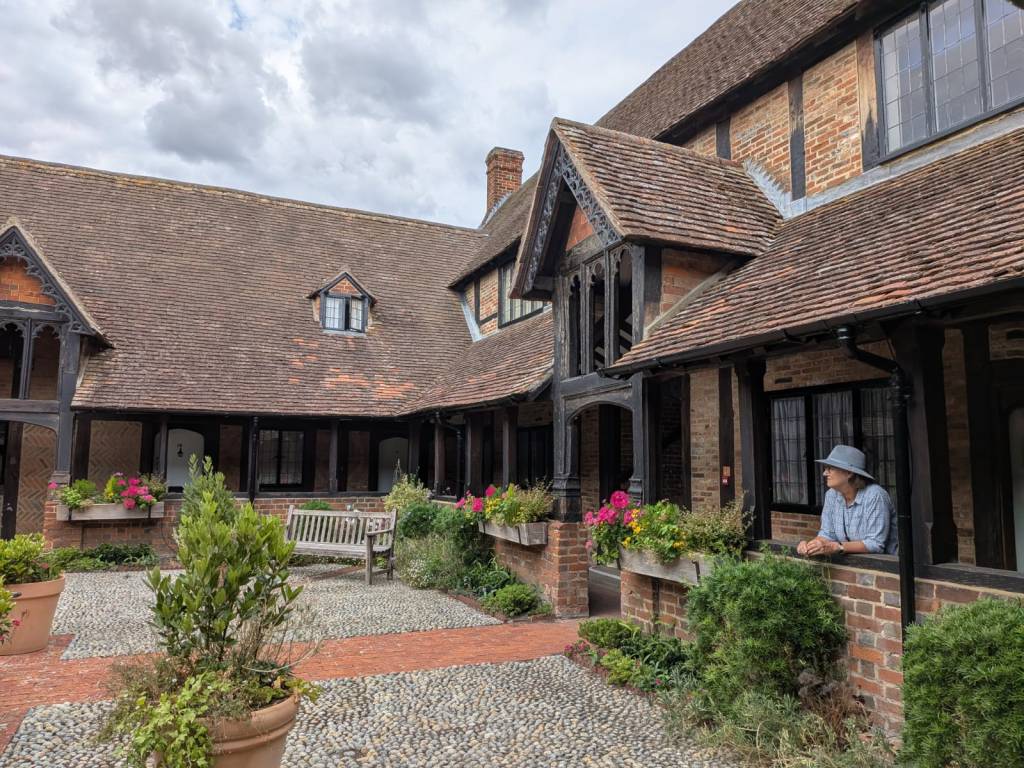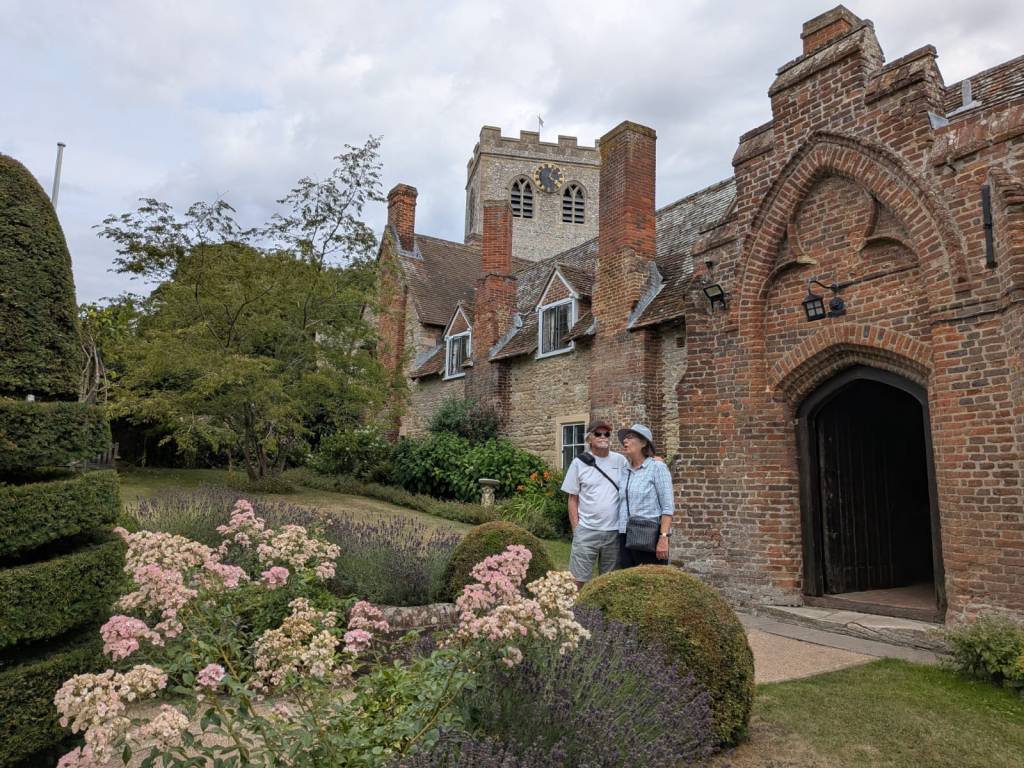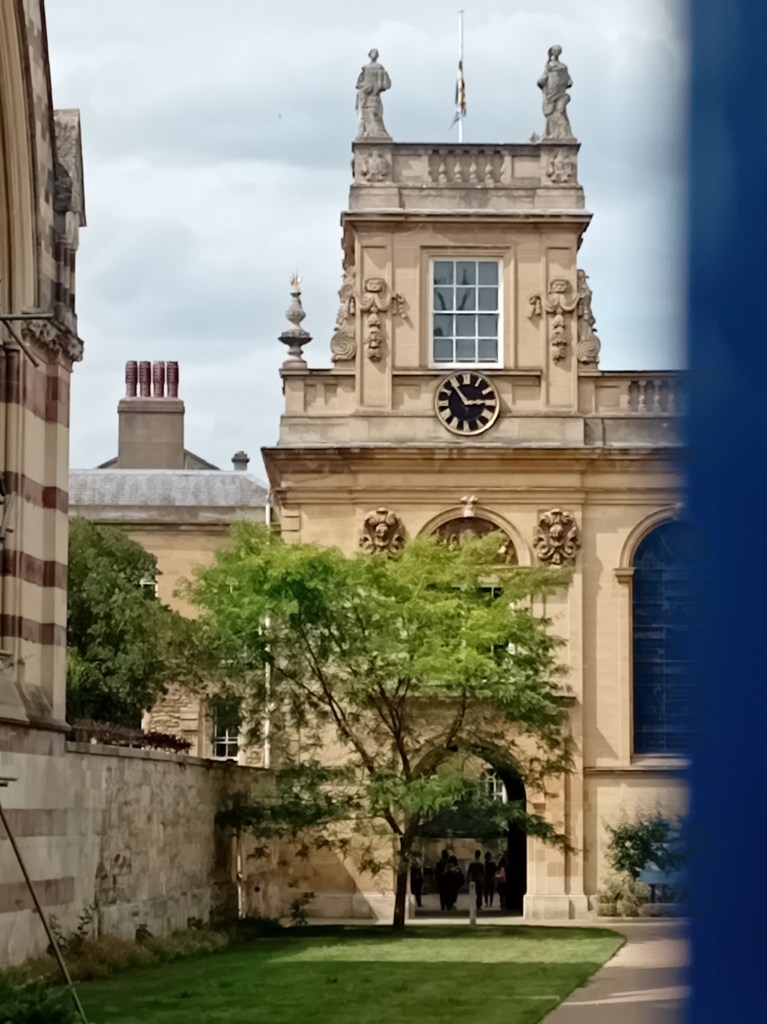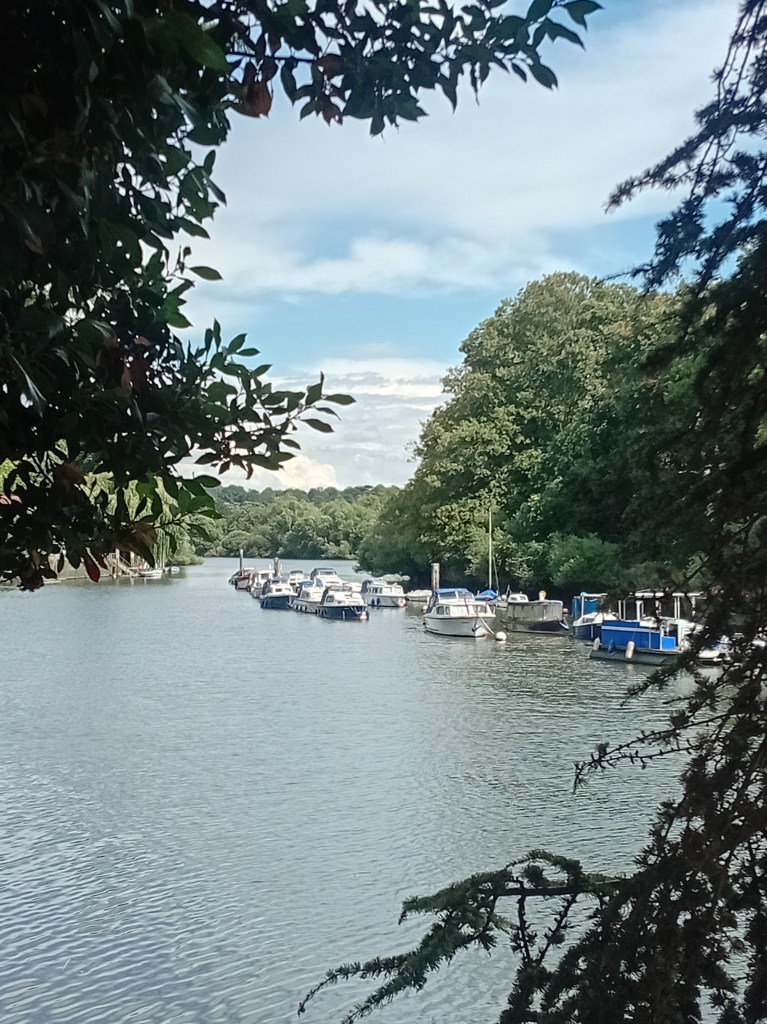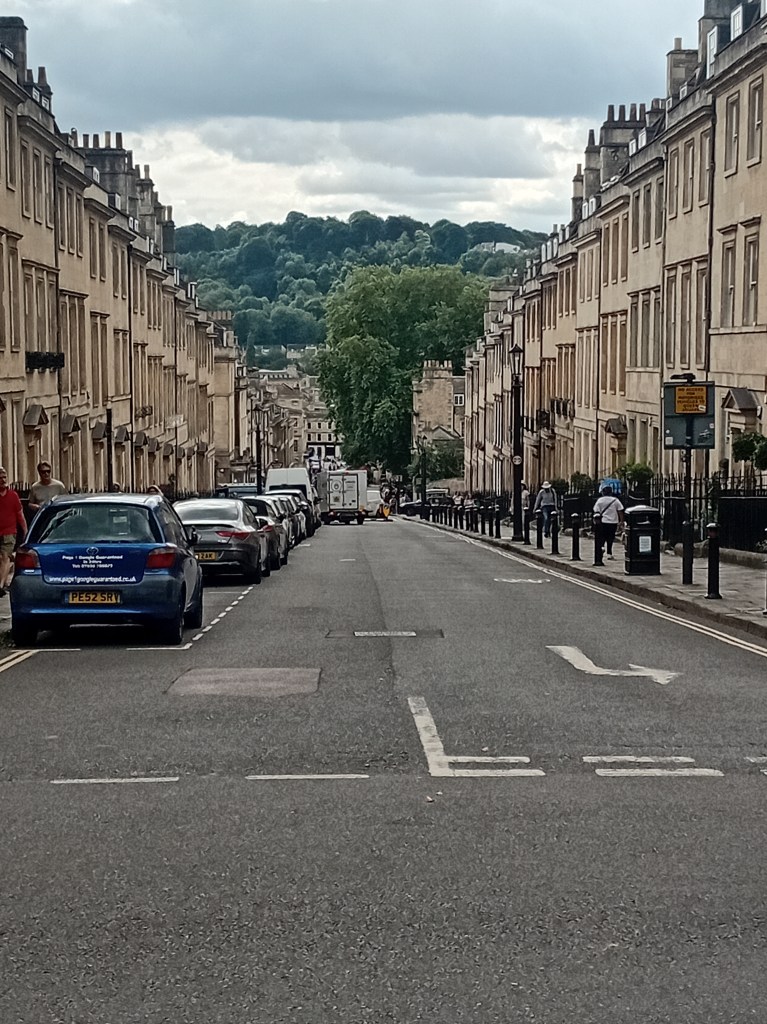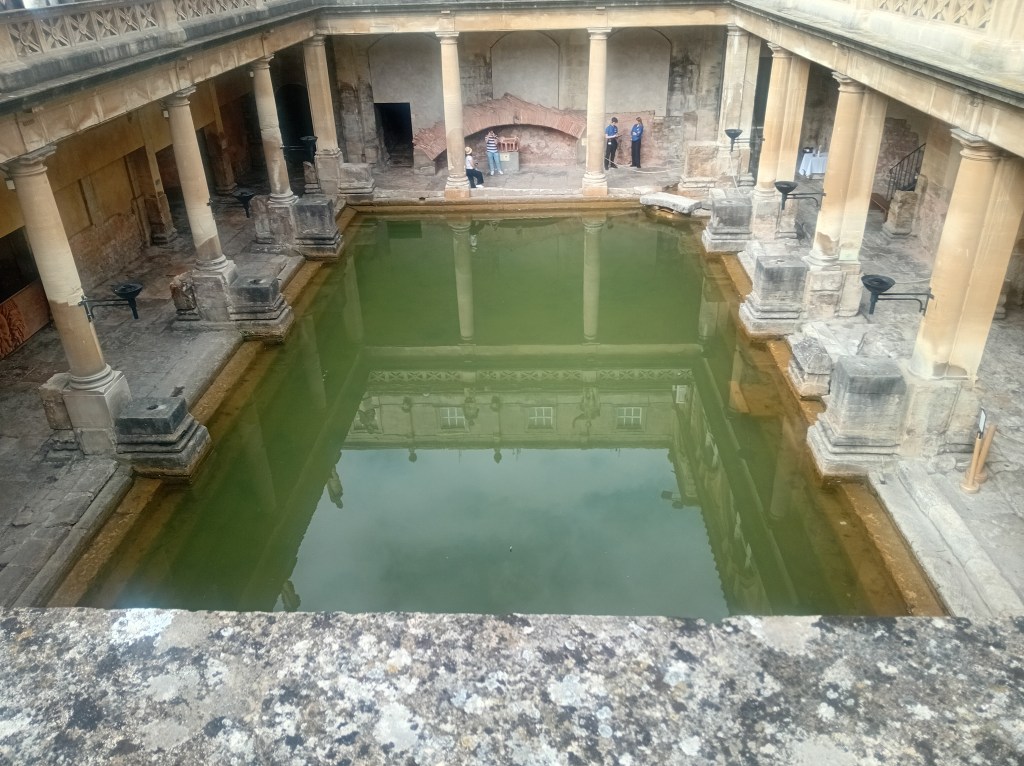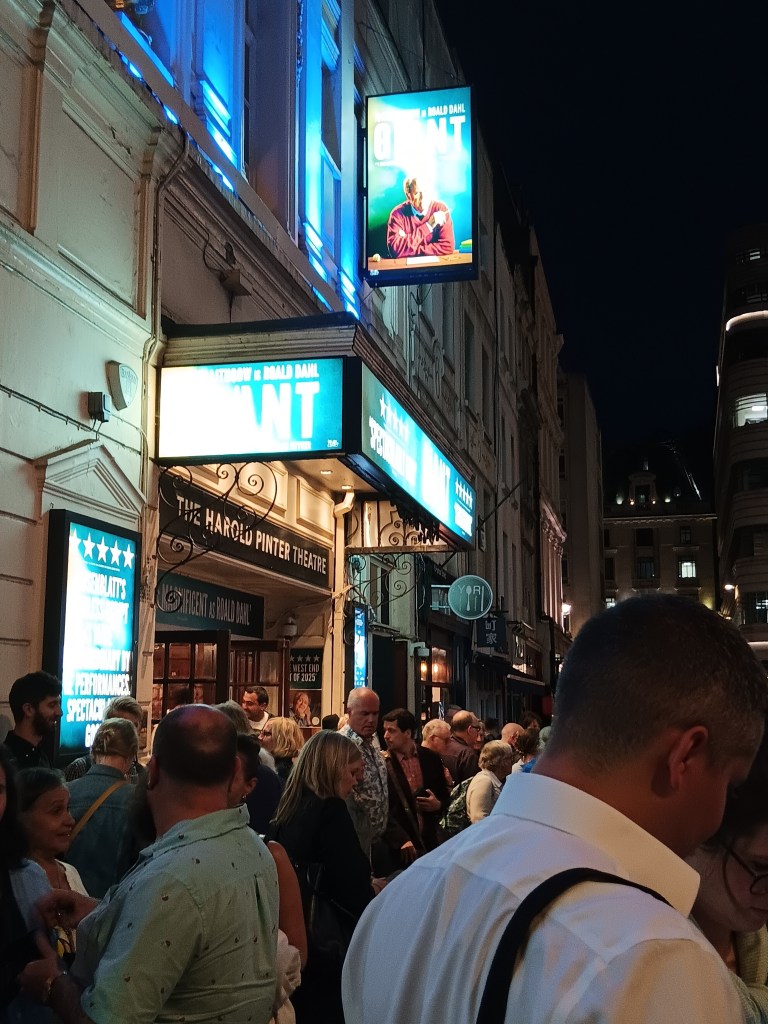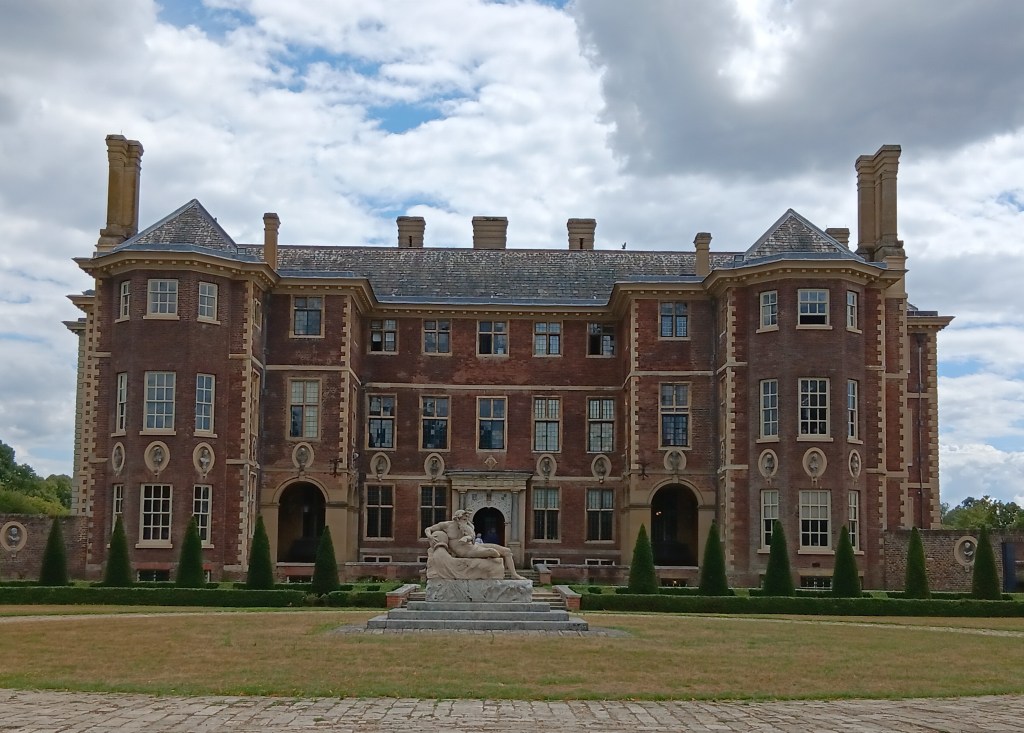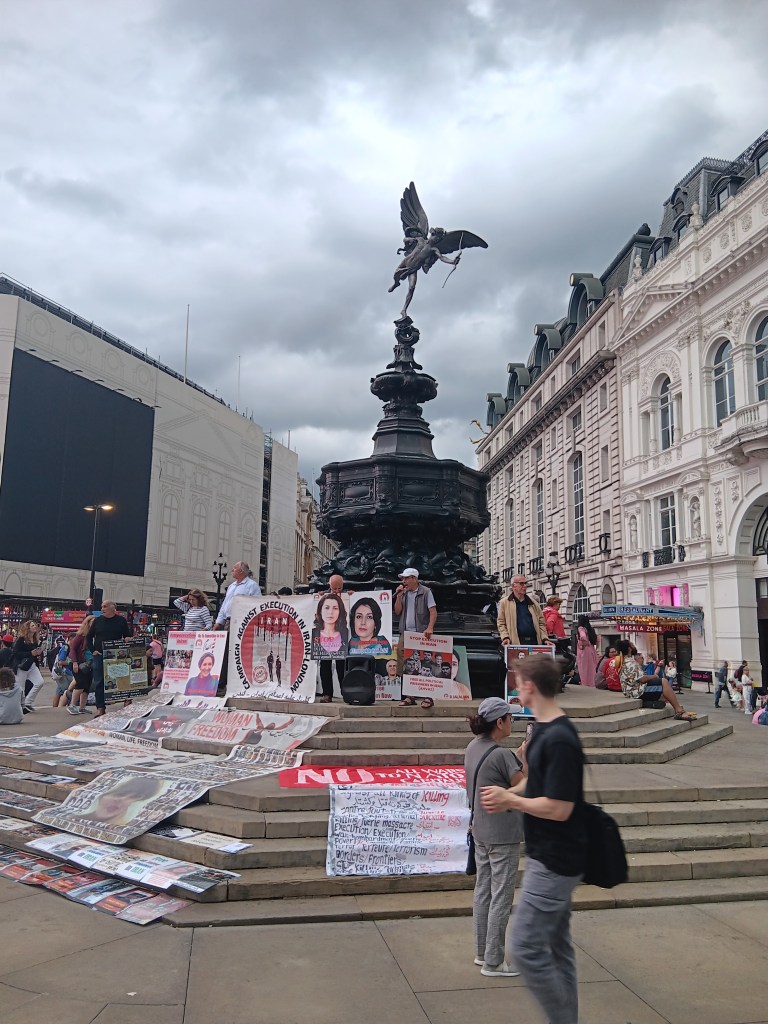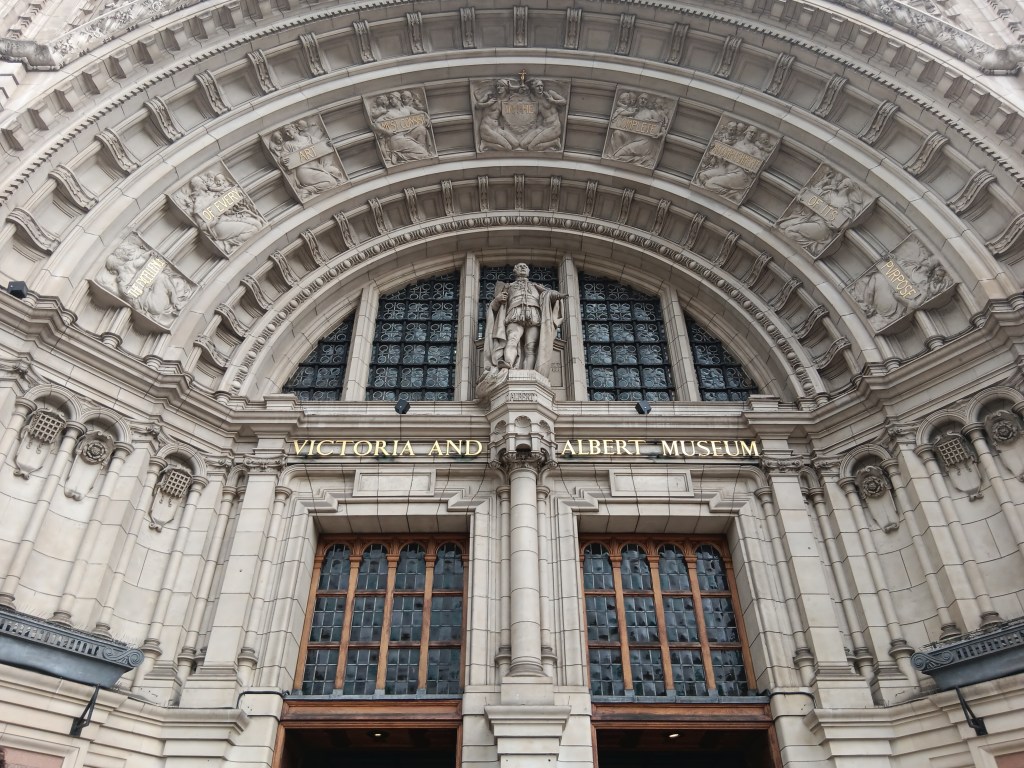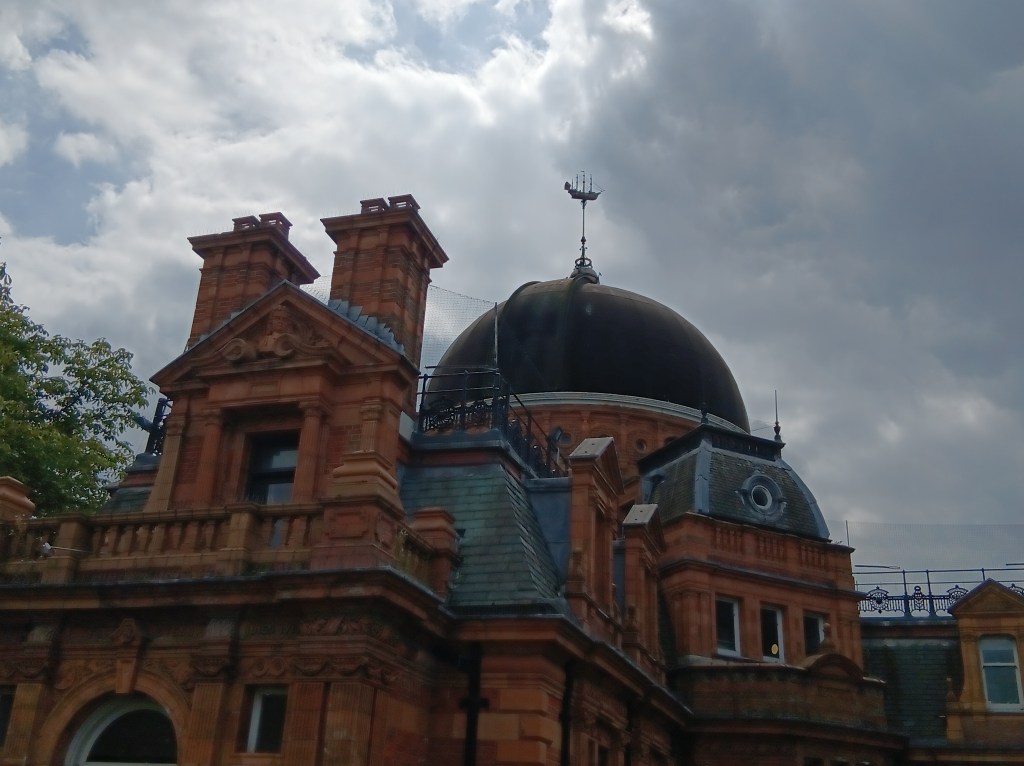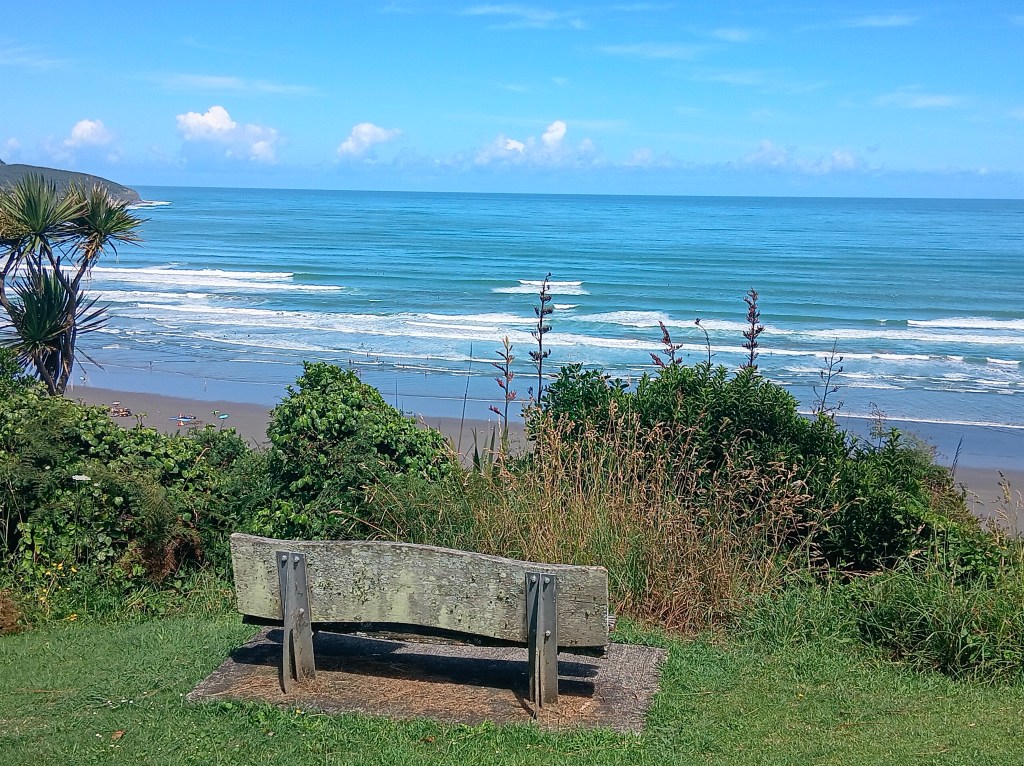
This is my favourite bench on which to sit and read. It overlooks Ngarunui beach and is surrounded by harekeke (flax), cabbage trees and pohutukawa. Sitting quietly with my book open on my knee, I am aware of the sounds of the sea and the birds – tui, piwakawaka, riroriro as well as the sweet trill of the song thrush and the swooping of seagulls as they pass overhead without landing, having assured themselves that I am reading and not eating.
A plaque dedicates the bench to a young man (30 years old) who was lost to the Southern Ocean. His epitaph reads “My soul is with the sea”. It is melancholy to sit there and think of what his loss must mean for those who loved him and I wonder how often they sit in this tranquil place and think of him. I often think too about Don McGlashan’s lyric:
Far out to sea
Where the winds blow strong
Past all that is known
Past the point of no return
If I should vanish
If I was gone
The waves would roll on
The waves would roll on
Nothing to guide me
No star in the sky
No seabirds behind
To wheel and to cry
If I should vanish
If I was gone
The waves would roll on
The waves would roll on
After reading, contemplating, listening and observing, I walk back down to the beach, accompanied by the subtle scent of harakeke on the breeze, the crash of waves on the rocks that separate Ngarunui beach from Manu Bay and the summer sound of kihikihi (cicadas) in the bush. By the time I reach our rendezvous, I’m restored if not rejuvenated.

